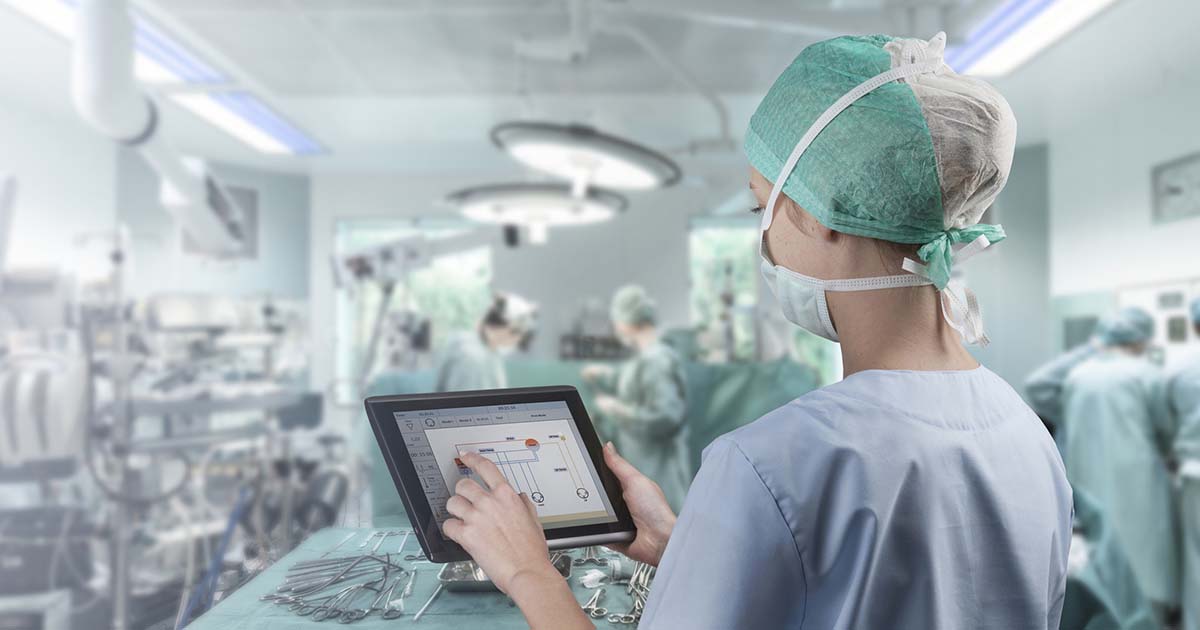
The COVID-19 pandemic changed the technology landscape across the healthcare industry, and the transformation continues. Healthcare organizations around the globe are investing in new digital technologies to enhance care delivery, reduce costs, manage workforce shortages and adapt to evolving healthcare delivery patterns. Youzhi Li, PhD, director of healthcare at Keysight, said, “Newer technologies can address these common pain points, but their deployment also adds new technical hurdles.”
“Since the pandemic, we have seen a greater reliance on digital technologies than ever before. There has been more adoption of telehealth, artificial intelligence (AI), wearable devices and other solutions for remote patient monitoring and management,” he said. “This means organizations need to think more about how to integrate all these different devices across their networks to ensure patient safety and effective care delivery. They also need to make sure they can easily get the data they need from them. Finally, hospitals and healthcare systems also must think about how to manage the ocean of data that these new solutions and devices generate.”
The key to overcoming these challenges starts with proper technical integration, according to Li. Historically, healthcare organizations have used teams of subject matter experts to manually test software and systems to ensure that they are working and sharing data properly. This model worked well enough when solutions and devices were simpler. However, such outdated methodologies cannot keep pace as hospitals and healthcare systems look to implement more complex software applications and Internet of Medical Things (IoMT) devices.
“These software applications and devices are becoming more and more complex. You are now dealing with numerous devices, including mobile phones, tablets, computers and medical devices, and so much more data,” he said. “Traditional testing methods are time-consuming and costly. You cannot always find the subject matter experts you need to do this kind of testing. But even if you can, the older methods just are not sufficient to thoroughly test a modern technology without the risk of significant performance issues and usability problems. A recent study found that insufficient software testing practices increase risks to patient safety and outcomes.”
Advanced test solutions empower healthcare organizations to realize more value from their digital transformation investments, including increasing the number of IoMT devices. Such solutions support the proper integration of these different technologies, ensuring better performance, enhanced caregiver and patient experiences and increased safety and security, leading to improved patient outcomes.
“When you have access to comprehensive, advanced testing capabilities such as software test automation, cybersecurity and wireless coexistence, you can make sure things work the way they are meant to,” said Li.
“The right test solutions can not only help medical technology companies deliver reliable, secure and clinically relevant devices to the hospital,” he added. “For healthcare organizations, these test solutions can also ensure the security and safety of new devices in their care environment. They will make sure your devices and solutions work as they were designed to work. Taken together, this kind of testing can make sure that any new technology is delivering the required clinical performance. That is what you need to get the most out of your solutions and devices — and to improve care for your patients.”
Learn more by visiting Keysight Healthcare Solutions.




